Fran Lebowitz
description: American author and public speaker (b. 1950)
17 results

The Fran Lebowitz Reader
by Fran Lebowitz · 8 Nov 1994 · 208pp · 67,890 words
lives in New York City, as she does not believe that she would be allowed to live anywhere else. Books by Fran Lebowitz Metropolitan Life Social Studies Mr. Chas and Lisa Sue Meet the Pandas FIRST VINTAGE BOOKS EDITION, NOVEMBER 1994 Copyright © 1974, 1975, 1976, 1977, 1978, 1979,
…
1980, 1981, 1994 by Fran Lebowitz All rights reserved under International and Pan-American Copyright Conventions. Published in the United States by Vintage Books, a division of Random House, Inc., New
…
Aunt Is on the Operating Table PLACES Places Lesson One Diary of a New York Apartment Hunter Fran Lebowitz’s Travel Hints IDEAS Ideas When Smoke Gets in Your Eyes … Shut Them The Last Laugh The Fran Lebowitz High Stress Diet and Exercise Program The Unnatural Order How to Be a Directory Assistance Operator
…
again offered: as art history. But art history with a difference; modern, pertinent, current, up-to-the-minute art history. Art history in the making. Fran Lebowitz September 1994 Metropolitan Life My Day: An Introduction of Sorts 12:35 P.M.—The phone rings. I am not amused. This is not my
…
lay down their once uplifted heads. I have therefore prepared a brief course of instruction in order to instill pride in those who sleep. The Fran Lebowitz Sleep Studies Program Sleep is a genetic rather than an acquired trait. If your parents were sleepers, chances are that you will be too. This
…
be such a thing as mood jewelry it must become more specific. In the interests of hastening such an occurrence I offer the following: THE FRAN LEBOWITZ GUIDE TO EVEN GREATER SELF-TRUTHS THROUGH COLOR CHANGE! REDDISH BEIGE … You are an American Indian who is boring … you are of little interest both
…
OF ALLIGATOR ON ASHTRAY BASE Unsigned. Ceramic, brown, yellow, blue and white. Inscribed FLORIDA. Height: 21 1/2 inches (54.5 cm) See illustration. 13. FRAN LEBOWITZ A NUMBER OF DOODLES Signed and dated ’78. Ballpoint pen under pressure. 5 # 3 inches (12.7 # 7.6 cm) 14. FRIEND’S CHILD “GOOD
…
regular basis. Called V.F. again. First the good news: a woman in his building died. Then the bad news: she decided not to move. Fran Lebowitz’s Travel Hints These hints are the result of exhaustive and painstaking research conducted during a recently completed fourteen-city promotional book tour. This does
…
, it’s always good for a laugh, because, believe you me, in this business unless you have a sense of humor you’re dead. The Fran Lebowitz High Stress Diet and Exercise Program Each year millions of people attempt to shed excess pounds by dint of strenuous diet and exercise. They nibble
…
. DIET The downfall of most diets is that they restrict your intake of food. This is, of course, galling, and inevitably leads to failure. The Fran Lebowitz High Stress Diet (T.F.L.H.S.D. for short) allows unlimited quantities of all foods. You may eat whatever you like. If you
…
no concern. I ask only that you coordinate your eating with specific physical activities. This program is detailed below. EQUIPMENT You can proceed with The Fran Lebowitz High Stress Exercise Program (T.F.L.H.S.E.P.) without the purchase of special equipment; it calls for only those accouterments that you
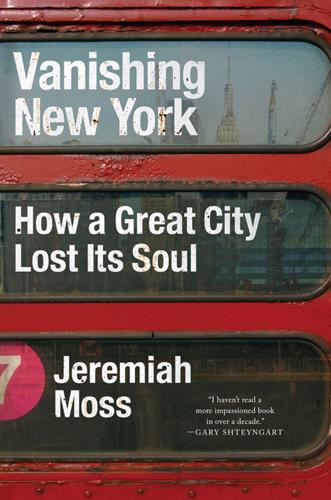
Vanishing New York
by Jeremiah Moss · 19 May 2017 · 479pp · 140,421 words
, these people likely would not only have created art and progressive politics in the decades to come; they also would have been its supporters. As Fran Lebowitz points out in the film Public Speaking, “An audience with a high level of connoisseurship is as important to the culture as artists. That audience
…
the mayor hyperfocused on increasing tourism, out-of-towners made themselves very comfortable. They began pouring in, slowing down the trains and clogging the sidewalks. Fran Lebowitz had earlier complained, “What a nightmare! No one who isn’t from New York knows how to be a pedestrian. Pedestrians don’t mosey. And
…
can find at their local mall back home? “Present-day New York has been made to attract people who didn’t like New York,” said Fran Lebowitz. “That’s how we get a zillion tourists here, especially American tourists, who never liked New York. Now they like New York. What does that
…
by replacing it with the assembly-line façades of Anywhere and Everywhere and Nowhere, USA. That’s not loving New York. That’s revanchism. As Fran Lebowitz said, “America has gotten its revenge on New York, because it’s moved right in. Now it is a mall.” Dear reader, if you are
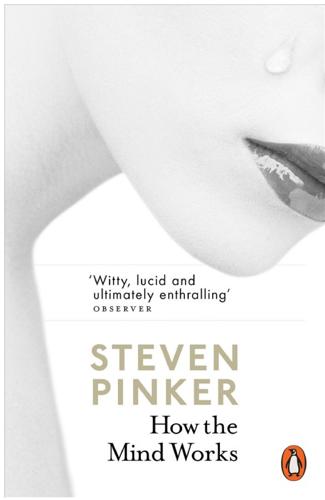
How the Mind Works
by Steven Pinker · 1 Jan 1997 · 913pp · 265,787 words
. Among the Bakweri in Cameroon, the women are wealthier and more powerful than the men, and they still insist on men with money. The humorist Fran Lebowitz once said in an interview, “People who get married because they’re in love make a ridiculous mistake. It makes much more sense to marry

The Bookshop: A History of the American Bookstore
by Evan Friss · 5 Aug 2024 · 493pp · 120,793 words
for a newly published book. The review copies were customer favorites. Friday was the best day for pickings. Some twelve hundred volumes sat spines up. Fran Lebowitz remembered Britton as generous and quick. Watching him work was “like watching a card shark shuffle a deck of cards.” Many copies never made it
…
was impervious to Barnes & Noble, it would have seemed to be Books & Co., which had an advisory board chaired by Susan Sontag and peopled by Fran Lebowitz, Joan Didion, and Paul Auster. That same year, a Barnes & Noble superstore opened in Park Slope, Brooklyn. (There were already six in Manhattan.) Even before
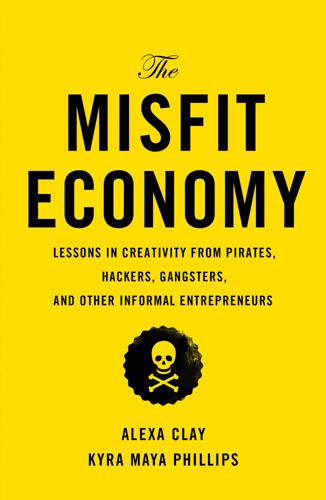
The Misfit Economy: Lessons in Creativity From Pirates, Hackers, Gangsters and Other Informal Entrepreneurs
by Alexa Clay and Kyra Maya Phillips · 23 Jun 2015 · 210pp · 56,667 words
hustle. I respect the liberty to find opportunity in anything and to act on it.” THE HUSTLE “Contrary to popular opinion,” the author and comedian Fran Lebowitz once quipped, “the hustle is not a new dance step—it is an old business procedure.” Old it may be, but today “hustle” is an
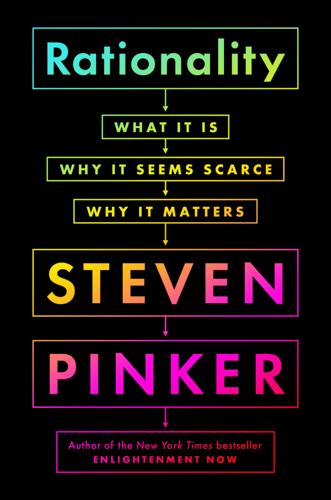
Rationality: What It Is, Why It Seems Scarce, Why It Matters
by Steven Pinker · 14 Oct 2021 · 533pp · 125,495 words
past.9 Having documented these changes in two books, I’m often asked whether I “believe in progress.” The answer is no. Like the humorist Fran Lebowitz, I don’t believe in anything you have to believe in. Though many measures of human well-being, when plotted over time, show a gratifying
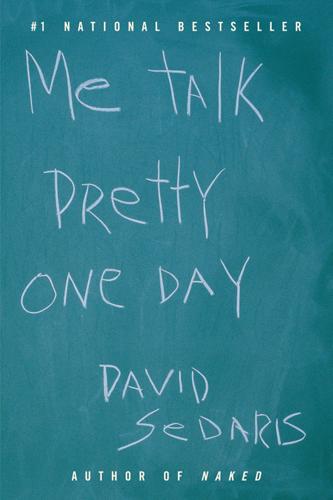
Me Talk Pretty One Day
by David Sedaris · 4 Jun 2001 · 221pp · 67,514 words
loud.” — Susan Warmbrunn, Colorado Springs Gazette “What a wonderful storyteller Sedaris is.… His writing embodies the softened bite of Dorothy Parker, the highbrow sarcasm of Fran Lebowitz, and the social commentary of Oscar Wilde.” — James Reed, Columbia Missourian “There is no contemporary writer as reliably funny as David Sedaris. His best humor
…
strangeness, obsessive voyeurism, and endearingly snotty observations into wildly entertaining art.” — Rob Stout, Providence Journal “David Sedaris is our generation’s James Thurber, Dorothy Parker, Fran Lebowitz, Woody Allen, and Mark Twain wrapped in a compact package with a pixie’s voice. He’s a treasure to behold.” — Seth Flicker, Genre “Sedaris

When Einstein Walked With Gödel: Excursions to the Edge of Thought
by Jim Holt · 14 May 2018 · 436pp · 127,642 words
of us than for others. Old people are being rushed forward into the future at a cruelly rapid clip. When you’re an adult, as Fran Lebowitz once observed, Christmas seems to come every five minutes. For little children, however, time goes quite slowly. Owing to the endless novelty of a child

On Writing Well (30th Anniversary Edition)
by William Zinsser · 1 Jan 1976 · 309pp · 95,644 words
a long tradition of serious intent and considerable nerve, one that is still alive in the work of such writers as Ian Frazier, Garrison Keillor, Fran Lebowitz, Nora Ephron, Calvin Trillin and Mark Singer. Singer is the current star in a long lineage of New Yorker writers—St. Clair McKelway, Robert Lewis
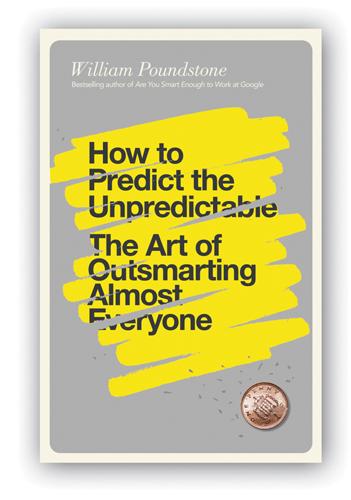
How to Predict the Unpredictable
by William Poundstone · 267pp · 71,941 words
. For mere mortals, a policy of buying lottery tickets is a certain financial drain that almost certainly never pays off while you’re drawing breath. Fran Lebowitz had the right idea: “I figure you have the same chance of winning the lottery whether you play or not.” Recap: How to Outguess the
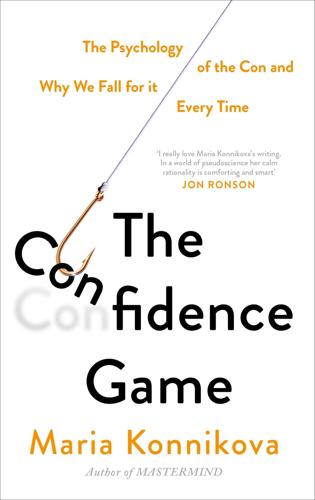
The Confidence Game: The Psychology of the Con and Why We Fall for It Every Time
by Maria Konnikova · 28 Jan 2016 · 384pp · 118,572 words

New York 2140
by Kim Stanley Robinson · 14 Mar 2017 · 693pp · 204,042 words
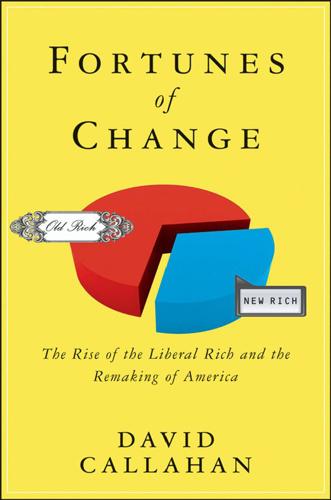
Fortunes of Change: The Rise of the Liberal Rich and the Remaking of America
by David Callahan · 9 Aug 2010

The Village Effect: How Face-To-Face Contact Can Make Us Healthier, Happier, and Smarter
by Susan Pinker · 30 Sep 2013 · 404pp · 124,705 words
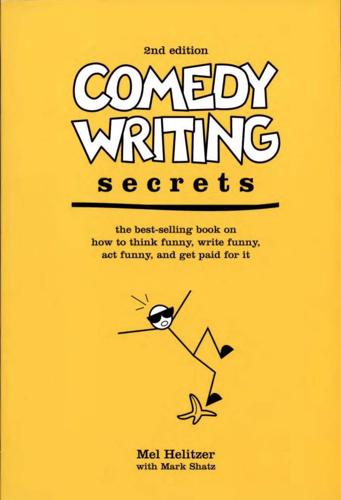
Comedy Writing Secrets
by Mel Helitzer and Mark Shatz · 14 Sep 2005
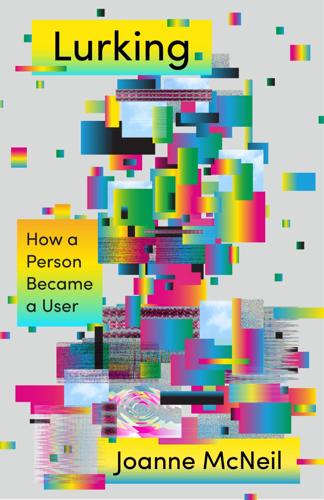
Lurking: How a Person Became a User
by Joanne McNeil · 25 Feb 2020 · 239pp · 80,319 words

They All Came to Barneys: A Personal History of the World's Greatest Store
by Gene Pressman · 2 Sep 2025 · 313pp · 107,586 words